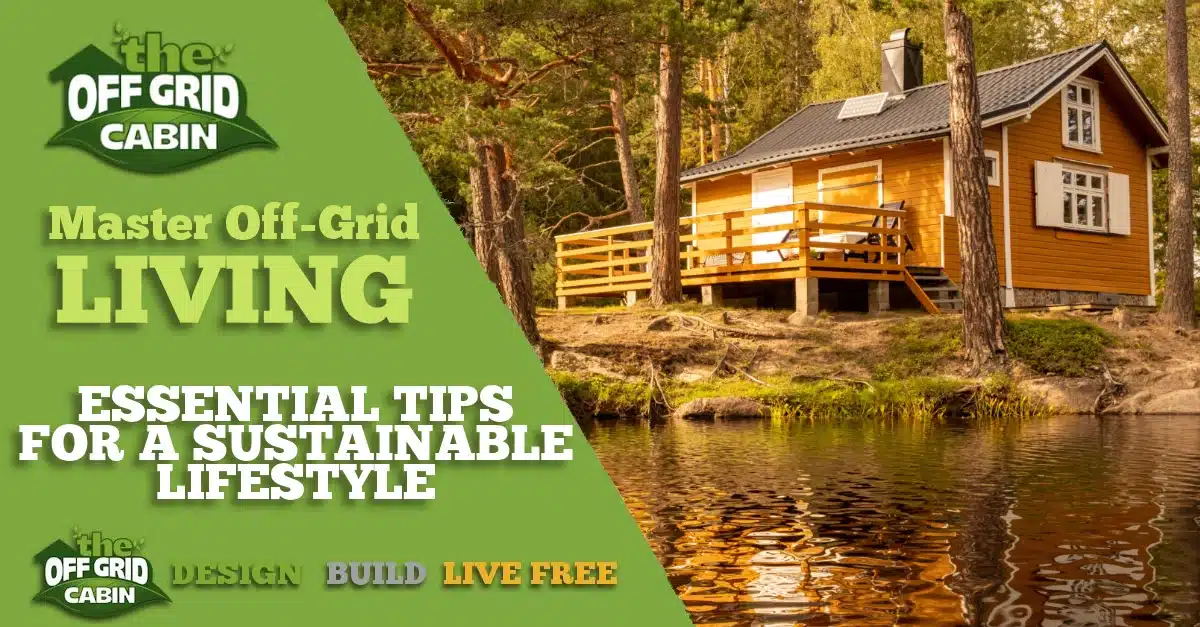Off Grid Living 2024: A growing movement embraces self-sufficiency and sustainable living, but what does it truly entail in the coming year? This exploration delves into the evolving trends, technological advancements, financial considerations, and environmental impacts shaping the future of off-grid existence. From minimalist living to homesteading and nomadic lifestyles, we examine the diverse approaches and the challenges inherent in disconnecting from the grid.
This year promises significant shifts in the off-grid landscape. Technological innovations are making sustainable living more accessible, while economic factors and environmental concerns continue to fuel the movement’s growth. Understanding the complexities—both practical and philosophical—is crucial for anyone considering this transformative lifestyle choice in 2024.
Legal and Regulatory Considerations: Off Grid Living 2024
Embarking on an off-grid lifestyle requires careful navigation of a complex legal landscape. Regulations vary significantly depending on location, encompassing land ownership, permitted construction, and the implementation of off-grid systems. Failure to comply with these regulations can result in fines, legal action, and even the forced dismantling of self-sufficient systems. Understanding these legal intricacies is crucial for a successful and sustainable off-grid existence.
Permitting Processes
Securing the necessary permits for off-grid construction and system implementation is a critical first step. The specific permits required vary widely based on location, project scope, and the type of off-grid systems employed. These permits often cover aspects such as building permits for structures, water well drilling permits, septic system installation permits, and potentially permits for renewable energy systems like solar panels or wind turbines.
Some jurisdictions may require environmental impact assessments before issuing permits. The application process can be lengthy and require detailed plans and specifications. Delays are common, and applicants should factor in substantial processing time.
- Building permits: These are typically required for any new construction or significant modifications to existing structures, including off-grid homes and outbuildings.
- Water well permits: Necessary for drilling wells to access groundwater for drinking and other uses. Regulations often include water quality testing and well construction standards.
- Septic system permits: Required for the installation of on-site sewage treatment systems, with specific regulations concerning system design, placement, and maintenance.
- Renewable energy permits: Some jurisdictions require permits for the installation of solar panels, wind turbines, or other renewable energy systems, potentially involving inspections and safety certifications.
Land Ownership and Property Rights
Understanding land ownership and associated rights is paramount. This includes verifying property boundaries, ensuring legal access, and confirming that intended off-grid activities are permissible under the existing land title or lease agreement. Restrictions on land use, such as conservation easements or historical preservation designations, can significantly impact the feasibility of off-grid living. It’s essential to thoroughly review property deeds and conduct title searches to identify any potential limitations.
Furthermore, the legal implications of water rights and access to resources like timber or minerals must be considered.
- Property deeds and title searches: A thorough review of these documents is crucial to understand ownership rights, restrictions, and potential easements affecting the property.
- Water rights: Access to water sources for drinking, sanitation, and irrigation is vital for off-grid living, and the legal framework governing water rights can be complex and vary by region.
- Mineral rights: If the property contains minerals, the ownership and extraction rights need to be clarified to avoid legal disputes.
- Easements and access rights: Ensure legal access to the property and any potential easements affecting land use are clearly understood.
Zoning Regulations, Off grid living 2024
Zoning regulations define how land can be used within a specific area. These regulations often dictate allowable building sizes, setbacks from property lines, and the types of structures permitted. Many jurisdictions have stricter zoning regulations in rural areas designed to preserve natural landscapes and prevent uncontrolled development. Off-grid projects might face challenges if they don’t comply with existing zoning codes, potentially leading to non-compliance notices or legal action.
It is essential to research local zoning ordinances before initiating any construction or system installation.
- Building setbacks: Minimum distances between structures and property lines are often specified in zoning regulations.
- Building size and height restrictions: Limitations on the size and height of structures are common.
- Permitted uses: Zoning regulations specify allowable land uses, which may restrict or permit off-grid development.
- Density restrictions: Regulations may limit the number of dwellings per acre, potentially impacting the feasibility of off-grid communities.
Embracing off-grid living in 2024 requires careful planning, resourcefulness, and a commitment to sustainable practices. While challenges exist, the potential rewards—from increased self-sufficiency and reduced environmental impact to a deeper connection with nature—are significant. As technology continues to advance and communities grow, the off-grid movement is poised for further expansion, offering a compelling alternative for those seeking a more intentional and environmentally conscious way of life.
You also will receive the benefits of visiting grid co living today.


